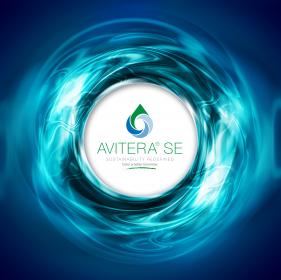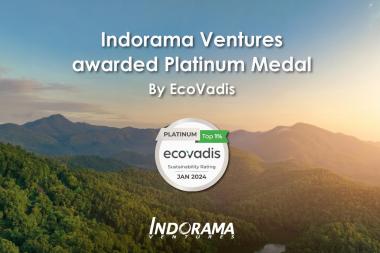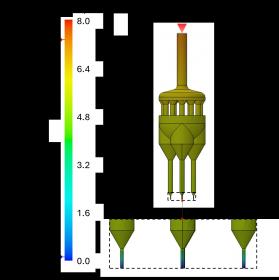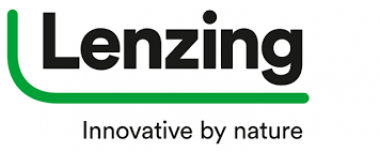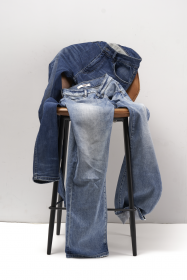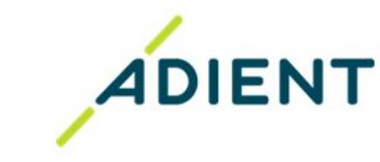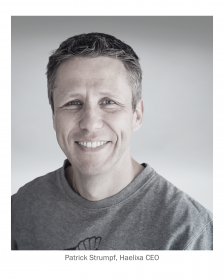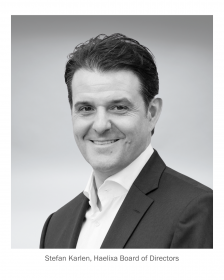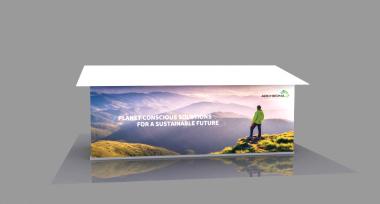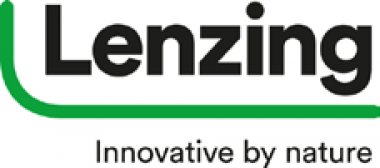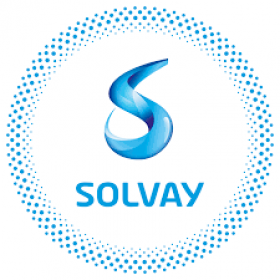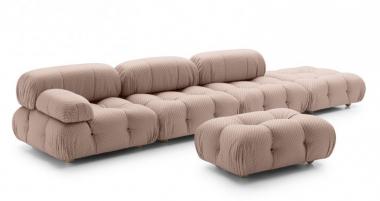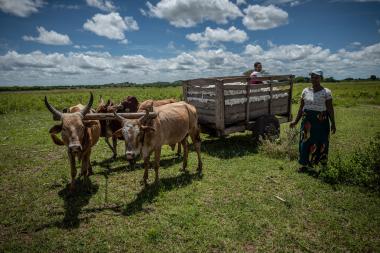Haelixa and Trudel Silk: New Partnership
Haelixa, the trailblazer of physical traceability solutions, has partnered with Trudel Silk, a market leader for sustainable organic and recycled silk products. This collaboration brings traceability and transparency to silk production.
Silk is one of the finest and smoothest fabrics; the better the quality of the silk, the more luxurious it feels to the touch. To create the best quality silk, the conditions for mulberry cultivation must be up to the highest standards. A healthy micro-ecosystem in the fields translates to top-grade silk cocoon quality. At Trudel, this is the environment they have created for the vertical integration of their business. Trudel aims to succeed at every stage of the process, which can only be accomplished through the active involvement and visible cooperation of all market players. These players include farmers, reeling mills, twisting/spinning mills, weaving mills, dyeing and printing mills, and brands. They are involved in every step, from the cultivation of mulberry trees to the production of silk fabrics.
Haelixa and Trudel have collaborated to improve silk’s robust and consistent traceability. As the demand for validation of the silk value chain increases, they have partnered with groups from Italy and Asia to develop a unique solution that uses DNA markers to trace the entire supply chain of silk production. This innovative approach ensures each silk product’s ethical sourcing.
The silk fibers used in their spun silk yarns are marked with a specific DNA per farm set selected by Trudel. Throughout the supply chain, samples of yarn, fabrics, and finished products undergo testing to verify the presence of original silk fibers. Based on the reporting, the brand can trace the finished accessories or garments to Trudel.
Haelixa













